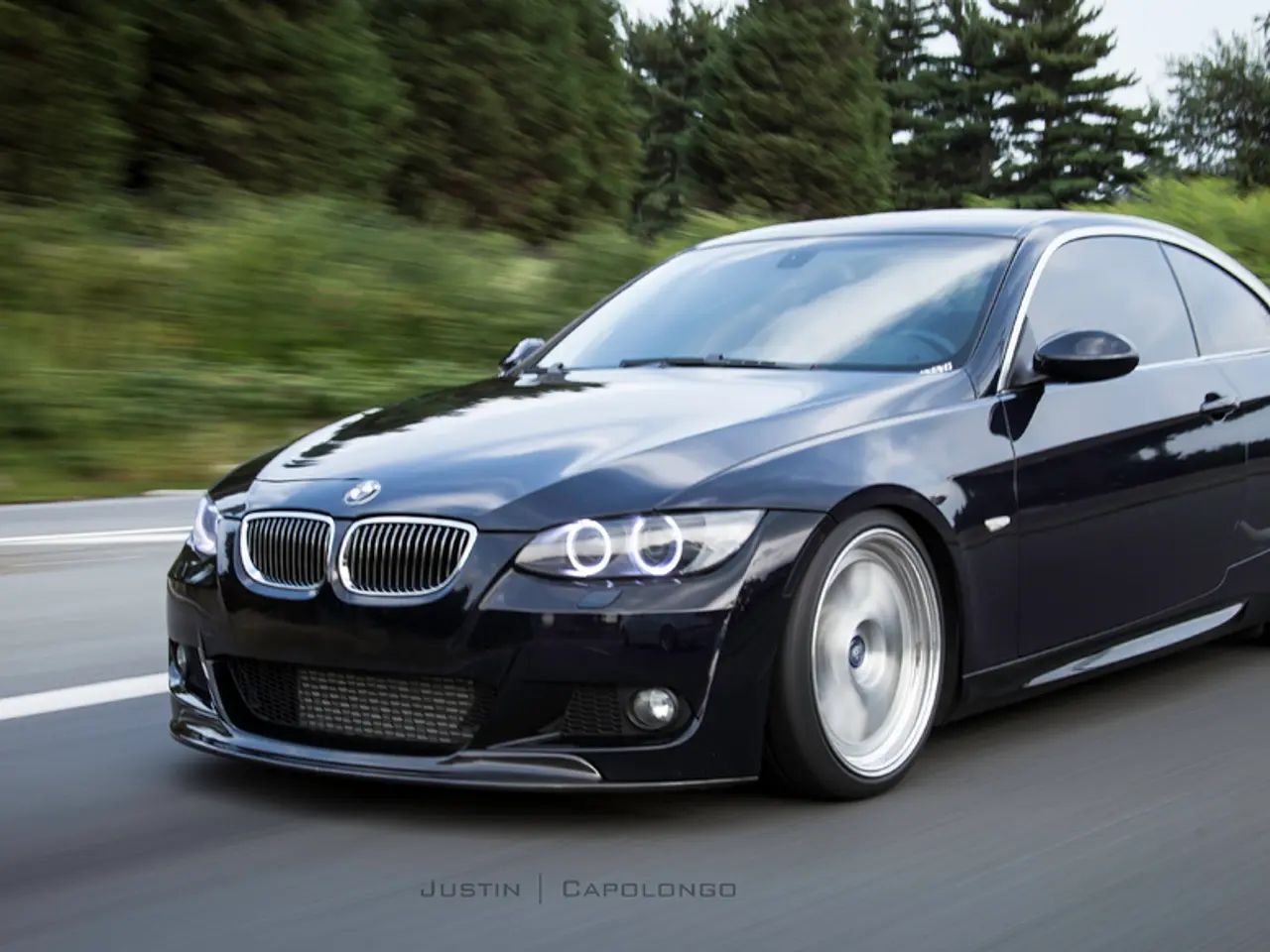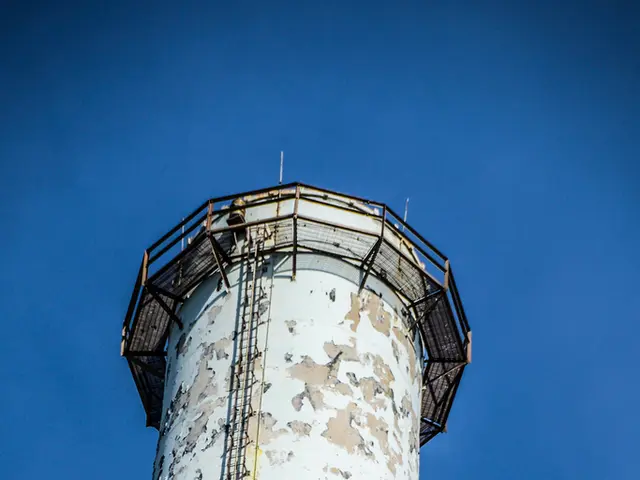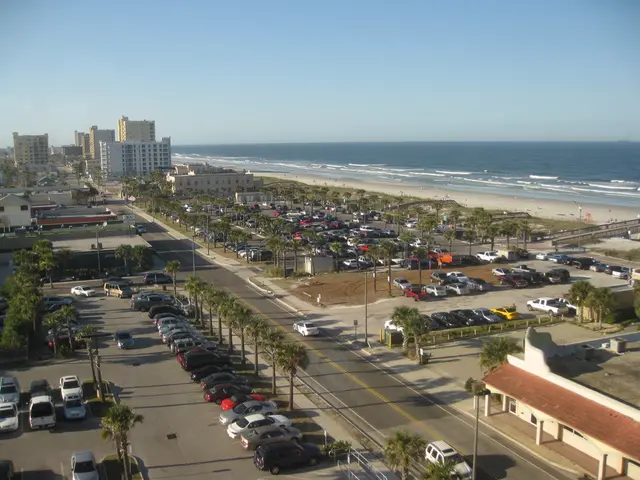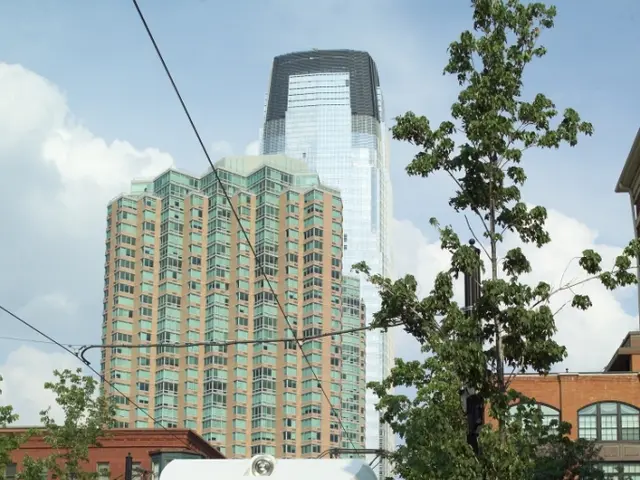BMW constructs solar-powered aluminum facilities, significantly reducing CO2 emissions.
In a groundbreaking move, BMW has unveiled its latest model that utilizes extensive green power and recycled raw materials, marking a first in the BMW's illustrious history.
The power for the aluminum smelting comes from an unexpected source - the Mohammed Bin Rashid Al Maktoum Solar Park, a desert solar park in Dubai. This shift towards renewable energy sources is set to save an estimated 2.5 million tons of CO2 in the next ten years.
The use of green power and secondary materials in the BMW iX has resulted in a significant 17% reduction in CO2 emissions. This initiative is part of BMW's broader focus on innovations that will shape the future, including new technologies, research, and sustainable practices.
BMW is also aiming to reduce CO2 emissions in its supplier network by 20%. To achieve this, the company is introducing CO2 emissions as a criterion for its suppliers, favouring those who emit less carbon dioxide and promote sustainable action. Corresponding agreements have been made with suppliers for the battery cells of the current generation, ensuring the use of green power.
The aluminum smelting process in the Arabian desert, powered by solar energy, is associated with the Neom project in Saudi Arabia. Specifically, it's the Oxagon industrial city, which aims to integrate sustainable and efficient industrial activities powered by renewable energy sources, including solar power.
BMW's green aluminum production covers half of its aluminum consumption with 43,000 tons per year. The aluminum produced with solar energy is processed at BMW's light metal foundry in Landshut into body and drive components.
However, BMW's green initiatives might be affected by a semiconductor shortage, with discussions about potential closures in Munich and Dingolfing. Despite this, BMW's Head of Internal Communication and Communication Production Network, Birgit Hiller, has stated that there will be no plant closures at the Munich and Dingolfing locations in the coming week.
In a nod to advanced manufacturing methods, BMW is allowing Rolls Royce to print parts, indicating a shift towards more efficient and sustainable production processes.
Researchers have tested a process in which aluminum can be melted using solar energy, with the DLR solar tower power plant in Jülich being a location where this process is possible. This solar-powered aluminum could potentially be used for engine and body components in future BMW models.
The first in the world to use solar power for commercial aluminum production is Emirates Global Aluminium (EGA), from which BMW is expected to receive 43,000 tons of aluminum in 2021 for a nine-figure sum.
As the world grapples with climate change, the growing interest in alternative modes of transportation and travel is evident. Discussions about unusual bike-caravans and bicycle campers for the 2021 vacation suggest a shift towards more sustainable and eco-friendly travel options.
In conclusion, BMW's commitment to green power and recycled raw materials is a significant step towards a more sustainable future for the automotive industry. The company's initiatives demonstrate that it is possible to balance innovation, efficiency, and sustainability in the production of automobiles.
Read also:
- chaos unveiled on Clowning Street: week 63's antics from 'Two-Tier Keir' and his chaotic Labour Circus
- Unchecked carbon emissions could potentially lead the world to revert to coal usage, according to a knowledgeable source.
- Stone mining has transformed the once renowned 'Sada Pathor' into a desolate, post-apocalyptic landscape.
- Revised Tax Policy for Motor Vehicles Pushed for Greater Eco-friendliness, Suggested by Court Auditors








